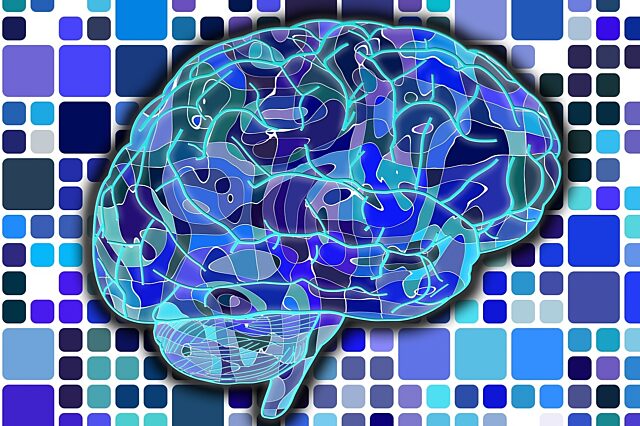10 Breakthrough Therapies for Parkinson's Disease
Each year, almost 60,000 patients are diagnosed with Parkinson’s disease. As their life expectancy increases, the cost of care also increases, leaving a…

Update your location to show providers, locations, and services closest to you.
The University of Florida Neuromuscular Division is a group of faculty and staff in the Department of Neurology at UF. Our goal is to improve the condition of patients suffering from neuromuscular disorders. We have many research projects focused on understanding the mysteries behind neuromuscular medicine.
When you move a part of your body or breathe a deep breath, your brain sends lightning-fast signals through your nerves to your muscles. Unfortunately, sometimes the messages between the nerves and muscles can break down. This means the ability to walk, stand up, swallow and even breathing can be affected. This is known as a neuromuscular disorder. At UF Health, our neuromuscular medicine doctors are experts in diagnosing and treating conditions that affect the muscles and nerves.
Our team members are nationally recognized specialists. The neuromuscular disorders clinic at the Norman Fixel Institute for Neurological Diseases at UF Health is one of the most dynamic clinics in the country. In Gainesville we also see patients at our neurology office located in the neuromedicine hospital.
Our neuromuscular researchers at the Fixel Institute are at the forefront of their field. They work every day to try and find cures for neurological disorders.
From ALS to muscular dystrophy and myositis to MS, our clinic delivers care and support to our patients and their families. At UF Health we understand the complexity of neuromuscular disorders. That is why you will receive care across a variety of specialties, not just neurologic care. We collaborate with therapists, neurosurgeons, psychiatrists and more to offer multidisciplinary care. If you or a loved one are diagnosed with a neuromuscular disorder, you may have a lot of questions and concerns. Below are some common questions we hear from our patients. They answer questions about neuromuscular disorders and how UF Health can help.
Neuromuscular disorders are conditions that affect the nerves and muscles. Nerves and muscles work together to allow us to move, speak and breathe. Neuromuscular disorders are caused by many factors, including genetics, infections and autoimmune diseases.
Some common neuromuscular disorders include:
Symptoms of neuromuscular disorders can vary. They may include:
Diagnosing neuromuscular disorders can be challenging. This is because the symptoms can be different from person to person. They can also mimic those of other conditions. To diagnose a neuromuscular disorder, our providers will do a few things. This includes performing a physical exam and reviewing the patient's medical history. They also may order various tests, such as:
Treatment for a neuromuscular disorder depends on the specific condition. It also depends on the severity of the symptoms. Treatment options may include:
At our neuromuscular medicine clinic, we have a team of experienced doctors and other healthcare professionals who specialize in the diagnosis and treatment of neuromuscular disorders. Our multidisciplinary team provides comprehensive care to our patients. Our goal is to support and help you manage your condition and improve your quality of life.
Also, we have a strong support network for patients with neuromuscular disorders. This includes patient education programs and support groups.
Have you or a loved one been diagnosed with a neuromuscular disorder? Contact UF Health by calling (352) 294-5400.





Each year, almost 60,000 patients are diagnosed with Parkinson’s disease. As their life expectancy increases, the cost of care also increases, leaving a…
